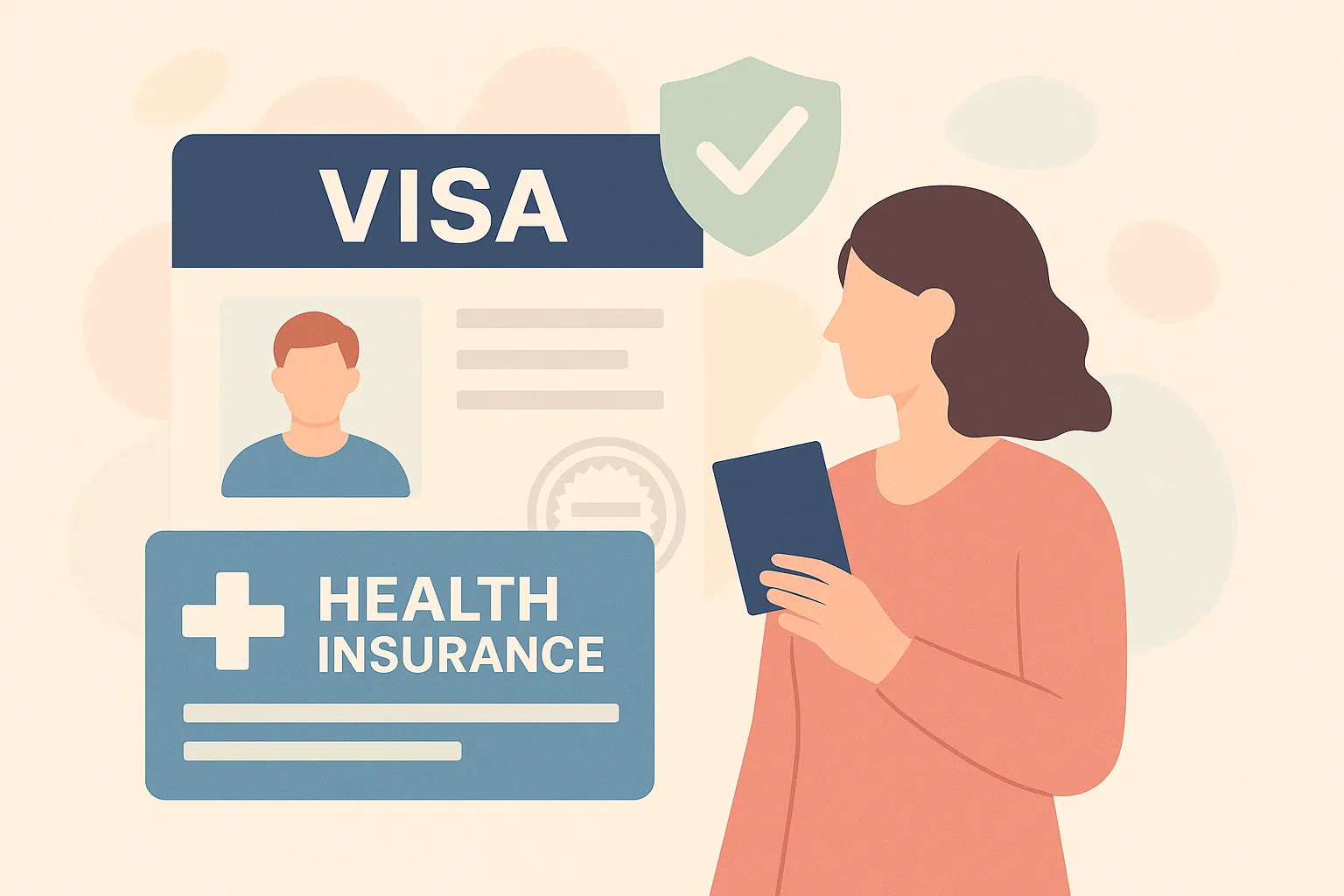German Visa Requirements and Health Insurance – What Expats Need to Know

If you're planning to move to Germany, health insurance isn't just a recommendation – it's a legal requirement for obtaining your visa or residence permit. Whether you're applying as an employee, freelancer, student, or family member, you’ll need to prove you have sufficient health insurance coverage that complies with German standards.
This guide explains everything expats need to know about visa-related insurance requirements and how to choose the right coverage.
Health Insurance Is Mandatory for All Long-Term Visas
Every long-term stay in Germany requires proof of valid health insurance. This applies to:
- Employment visas
- Student visas
- Freelance and self-employment visas
- Blue Card applications
- Job-seeker visas
- Family reunification
Your visa application may be rejected if the insurance doesn’t meet the official criteria.
What Type of Insurance Is Accepted?
Germany has two main types of health insurance:
- Statutory Health Insurance (GKV)
- Private Health Insurance (PKV)
Both are accepted for visa purposes. However, not all international or travel policies are sufficient.
A valid policy must:
- Cover both inpatient and outpatient care
- Include pregnancy and childbirth
- Not limit reimbursement below local standards
- Be valid in Germany from day one
- Have no unreasonable exclusions or high deductibles
Why Travel Insurance Isn’t Enough
Many expats arrive with travel insurance, thinking it’s sufficient. Unfortunately, most travel plans are only accepted for short-term stays (under 90 days) and will not qualify for a residence visa.
If you're applying for a residence permit, your insurance must meet the same standards as regular German health insurance – and that’s usually only possible with GKV or PKV.
Comparison Table: Visa Acceptance of Insurance Types
Why Many Expats Choose Private Insurance
For freelancers, digital nomads, and high-income employees, private health insurance (PKV) is often the better choice. It offers:
- Faster doctor appointments
- English-speaking support
- Higher flexibility
- Customizable coverage levels
- Competitive rates for young, healthy applicants
Visa officers are generally familiar with major German private providers and accept them without issue, as long as the plan meets required standards.
Required Documents for Your Visa Application
You’ll need to submit an insurance certificate that:
- Confirms full coverage (no travel insurance)
- Lists coverage start and end dates
- States compliance with German requirements
- Is preferably written in German and English
Make sure your policy is active from your arrival date, especially if you're entering on a national visa (D visa).
Key Takeaways
- Health insurance is required for all long-term visas in Germany
- Statutory and private insurance are both accepted
- Travel insurance is not sufficient
- Private insurance offers better service and flexibility for many expats
- Always provide a proper insurance certificate with your visa application
Discover the latest tips
View AllJoin hundreds of expats who already made the switch.
Find the plan that truly fits your needs.
